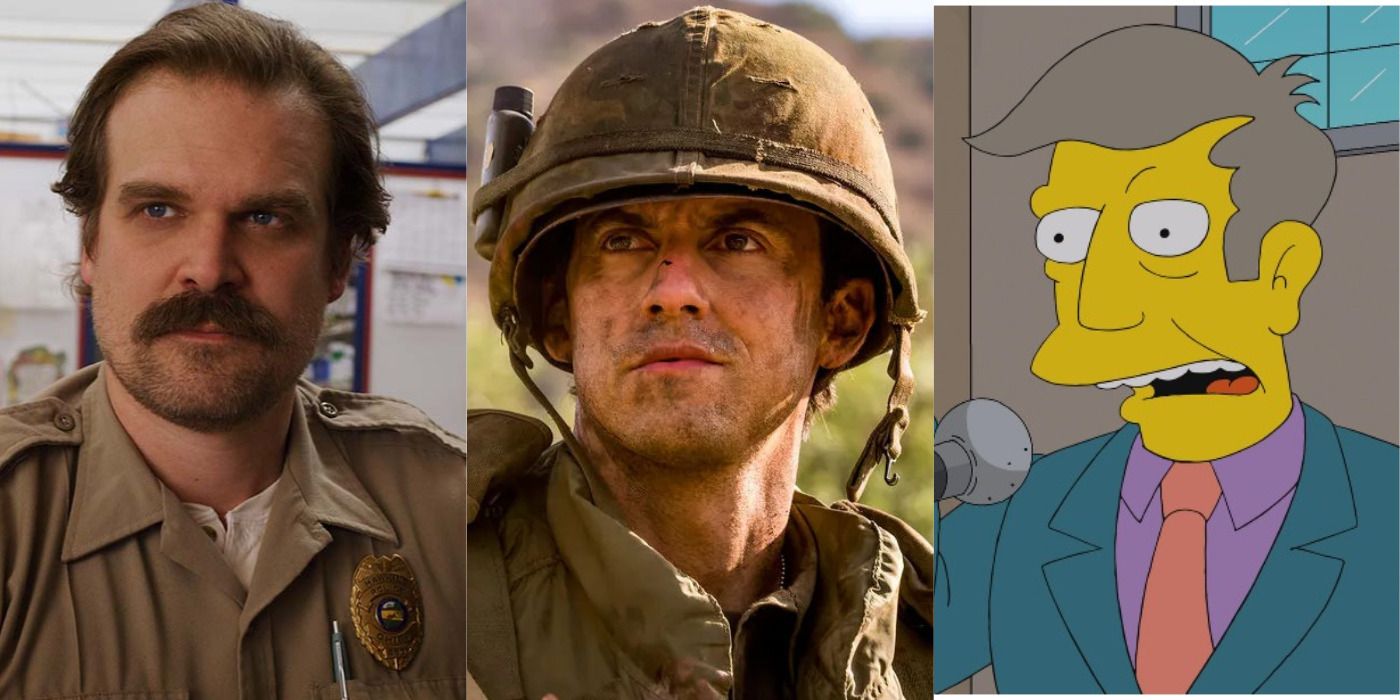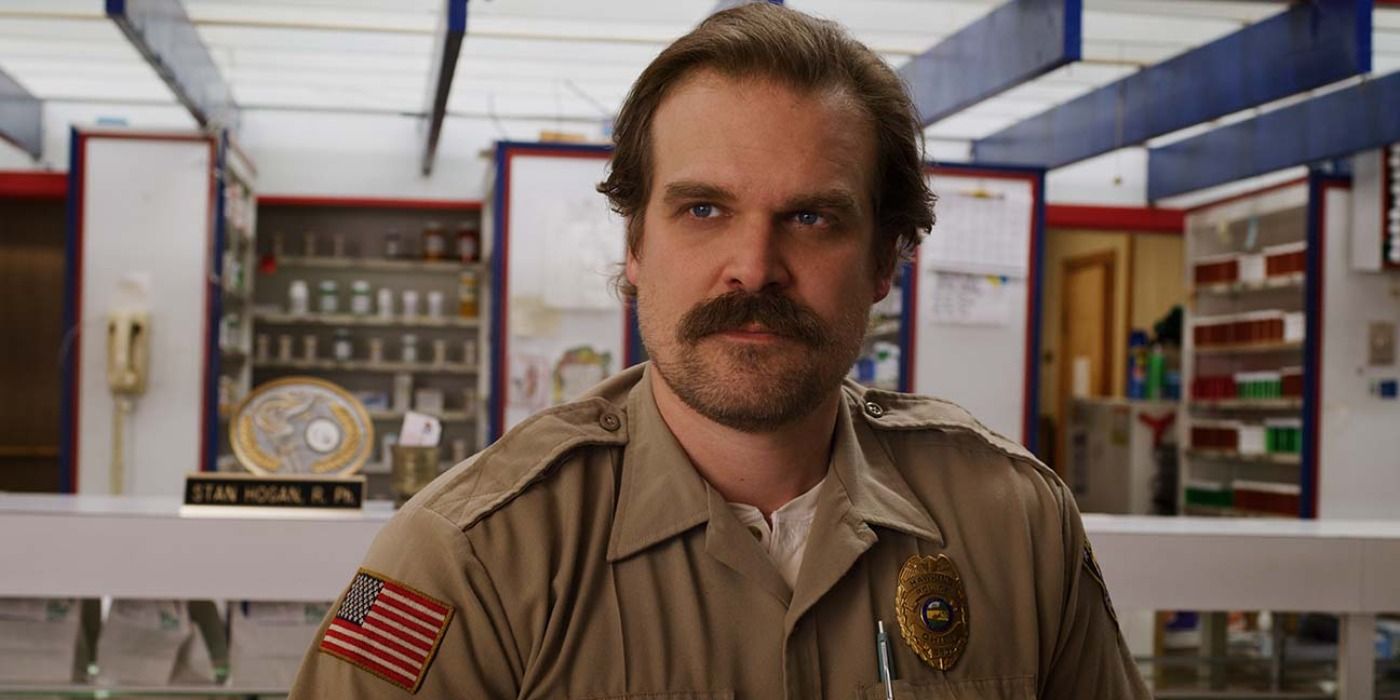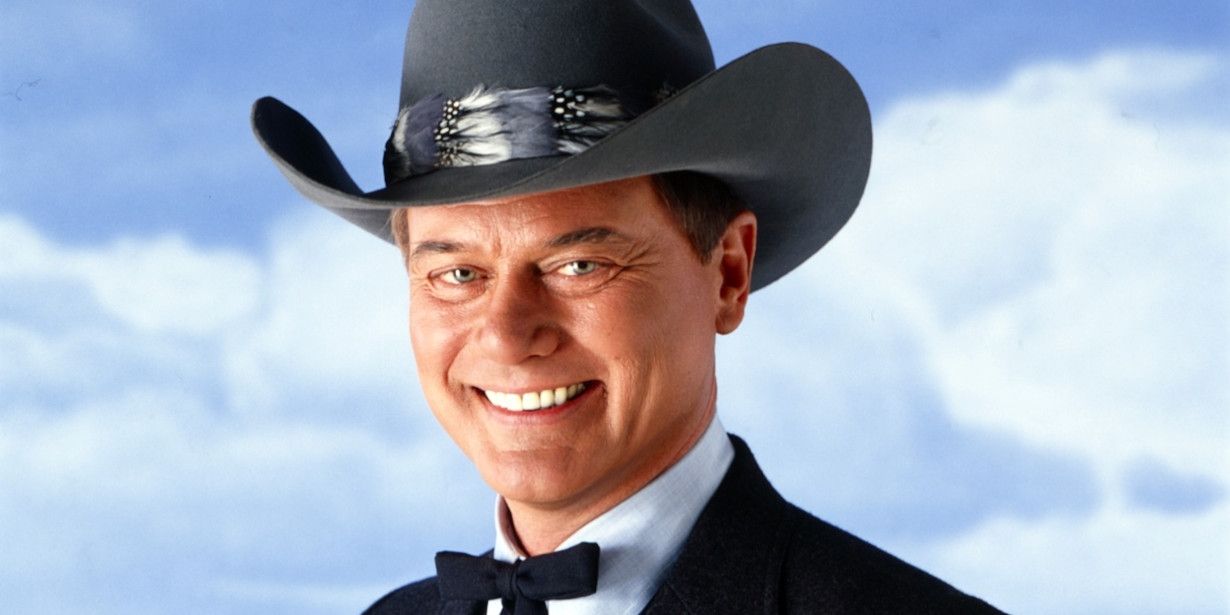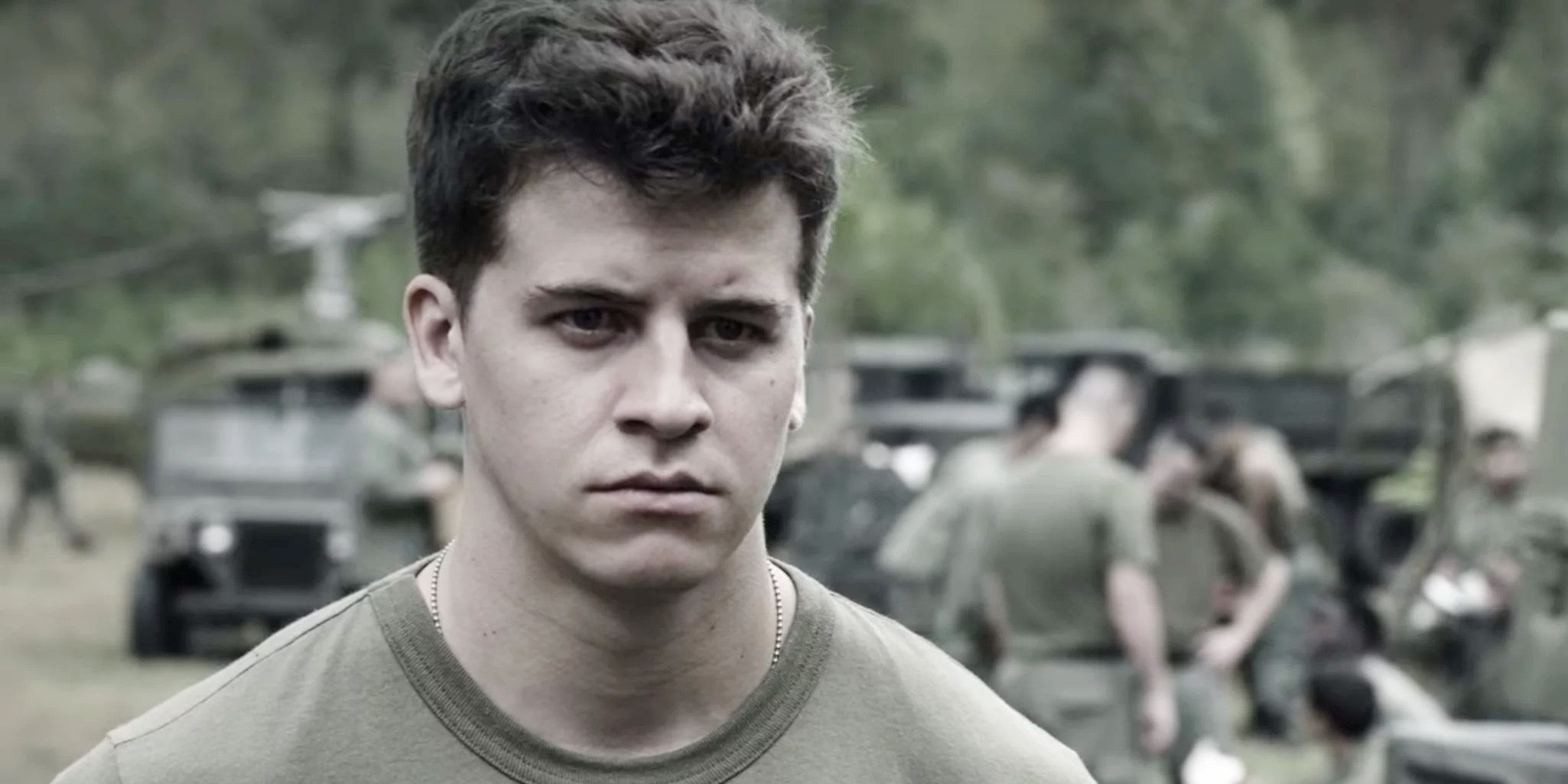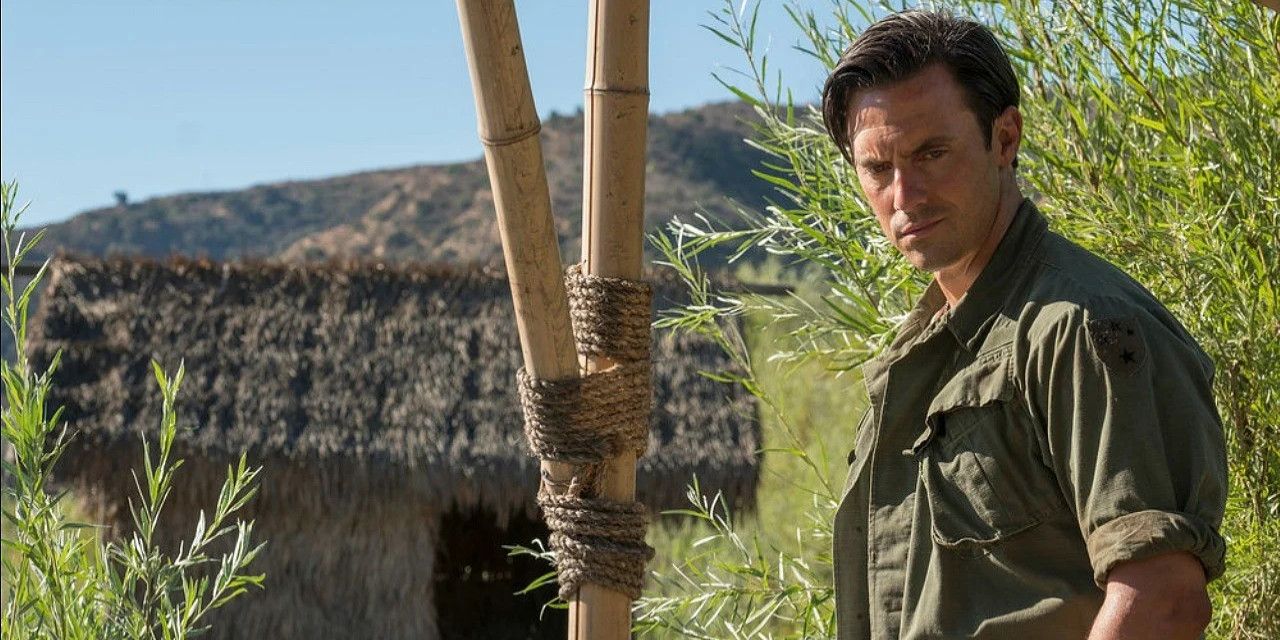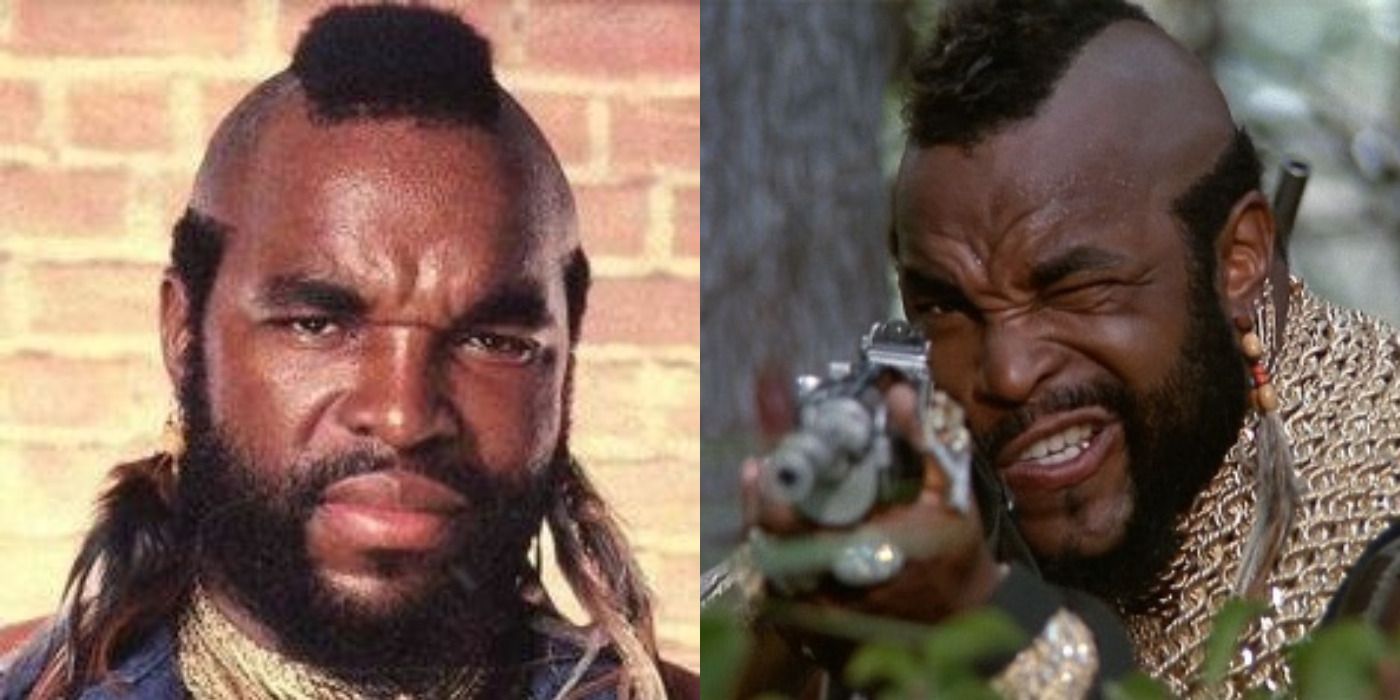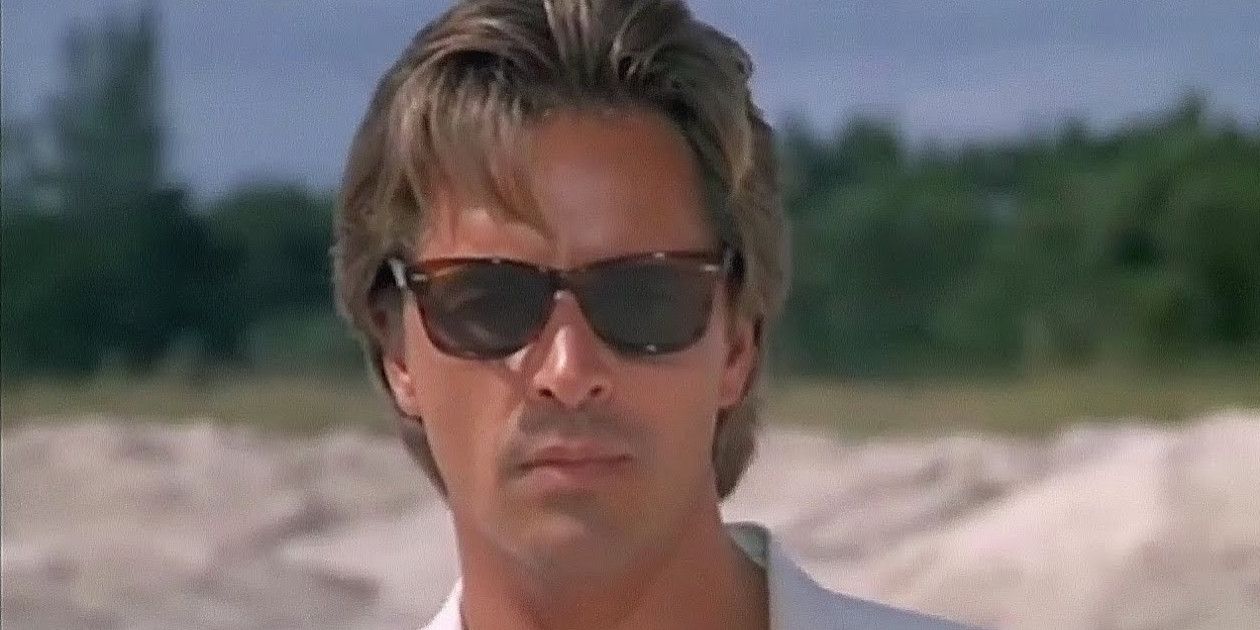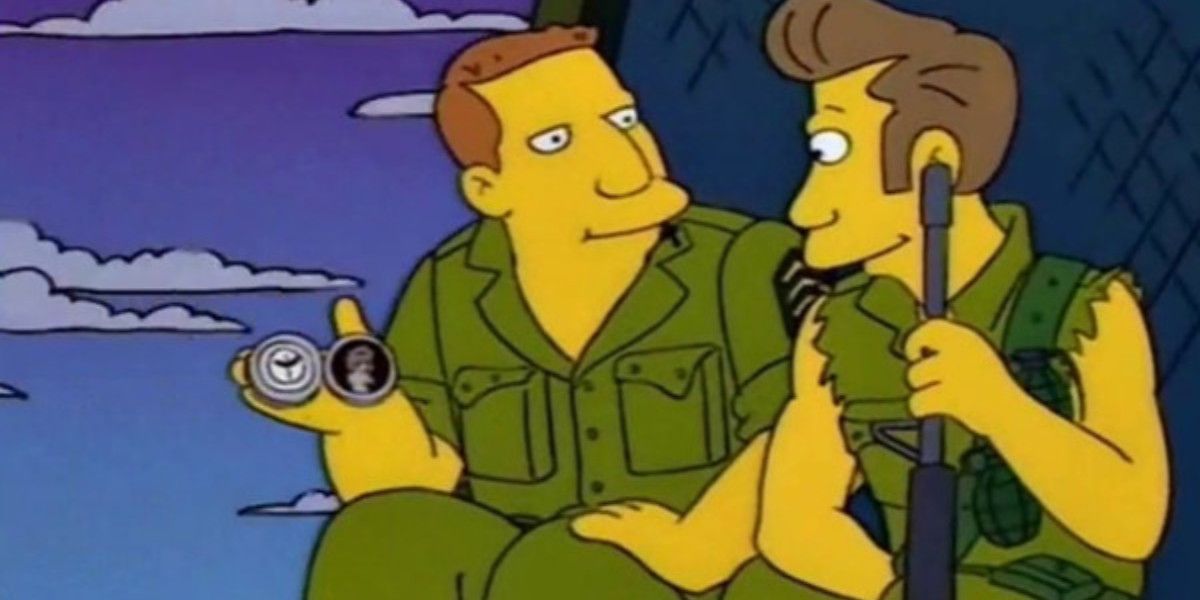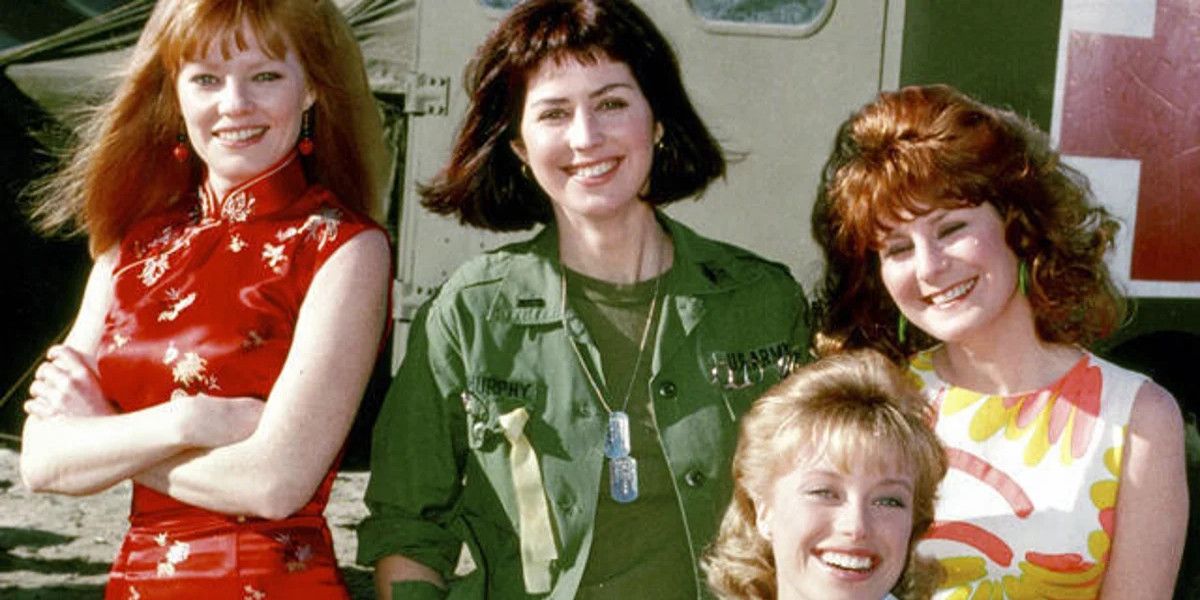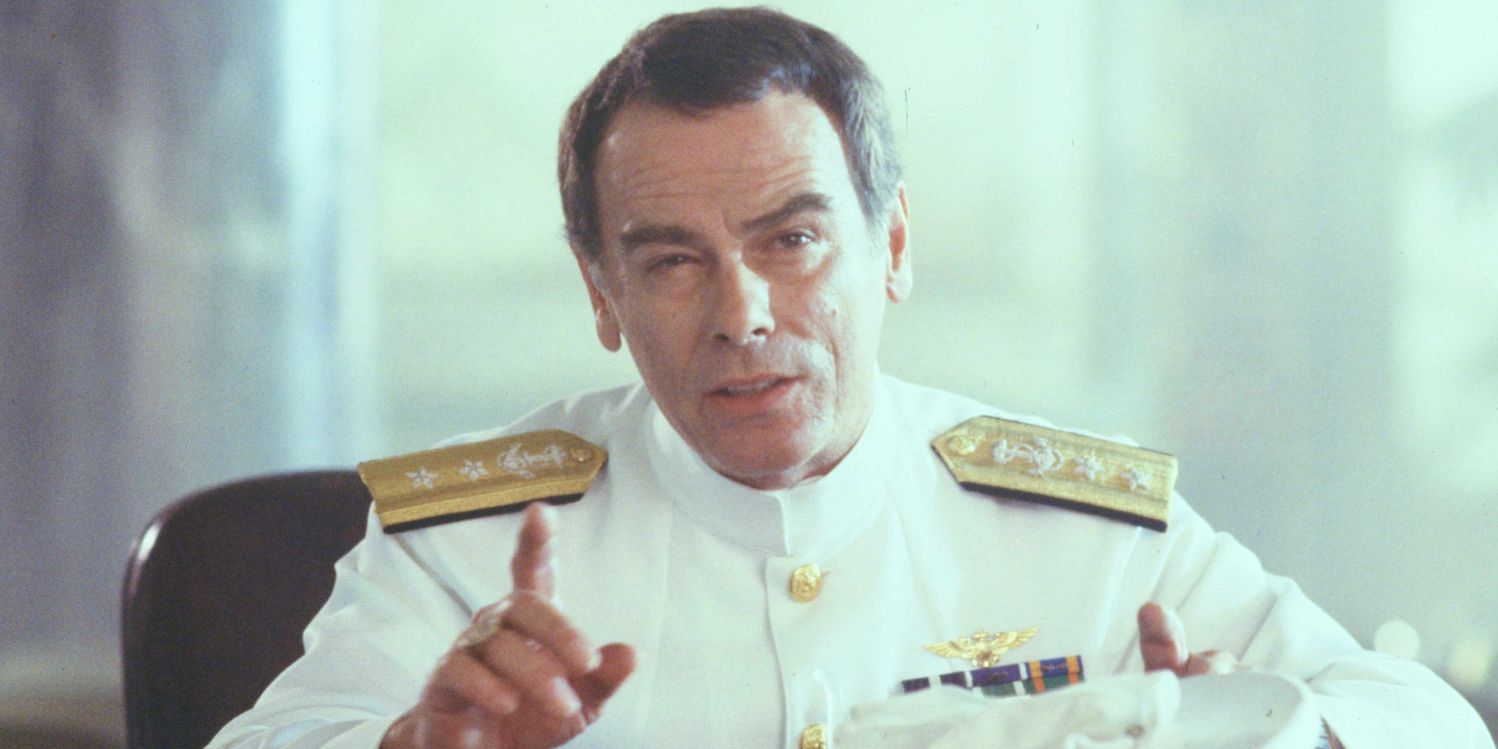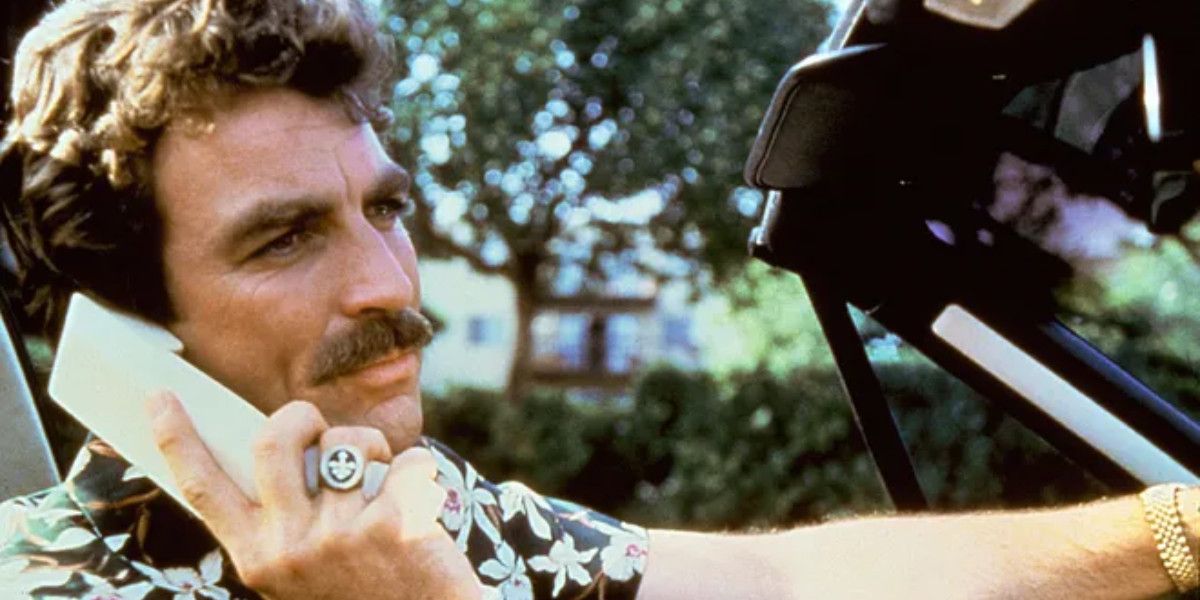Vietnam War veteran characters have been a mainstay on television for over half a century. The war’s indelible impact on American society has inspired shows to explore the stories of those who served in Southeast Asia.
Their presence on television has been a means for creators to discuss the impact of war on those who served and those they left behind. Writers have used these dramatic experiences to mold heroes, villains, and tragic figures with a unique depth that makes them some of television’s most compelling characters.
Jim Hopper (Stranger Things)
The Vietnam veteran police officer has been a common television archetype for decades and Hawkins Police Chief Jim Hopper on Stranger Things is an entertaining contemporary example. The show takes place in the 1980s, so it makes sense that a law enforcement officer in his forties would have served in Vietnam.
Hopper is a troubled man, not because of his service in Vietnam, but instead due to the tragic death of his daughter. When a local boy disappears into the Upside Down alternate universe, Jim overcomes his demons and proves himself to be a proficient investigator and one of the bravest characters on Stranger Things. David Harbour’s portrayal of the heroic sheriff is one of the most celebrated television veteran roles in recent memory.
J. R. Ewing (Dallas)
When viewers think of Vietnam War veterans on television, J. R. Ewing isn’t the first character that comes to mind. The villainous president of Ewing Oil on the eighties primetime soap opera Dallas is the antithesis of the veteran crime fighter trope that grew to be so common on television.
Instead, his pursuits for power and wealth made him the fictional embodiment of the decade of greed and one of the most entertaining characters in television history. Ewing’s military service is only mentioned in passing on the show, which leaves viewers to wonder if his experiences overseas helped shape him into the scoundrel he became or if he was the same villain in Southeast Asia that he was in Texas.
John Kreese (Cobra Kai)
Although the John Kreese character originated in the 1984 Karate Kid movie, he has since become the main antagonist in Netflix’s Cobra Kai television series. Kreese, portrayed by Martin Kove, is a ruthless karate instructor and founder of the Cobra Kai dojo in the San Fernando Valley.
Through flashbacks on the show, viewers learn that Kreese trained in the martial arts as part of a special forces team operating in North Vietnam in the late 1960s. The war is also where he learned his “no mercy’ mantra and became the cold-hearted man that taught a generation of kids to “sweep the leg.” As a result of his combat experience, Kreese is one of the most skilled Cobra Kai fighters and a fine example of how war not only creates heroes but villains too.
Jack Pearson (This Is Us)
Flashbacks are a key narrative device used to tell the story of the Pearson family in This Is Us. In the show’s 3rd season, the flashbacks focus largely on family patriarch Jack Pearson’s experiences in Vietnam and how they shaped the rest of his tragically shortened life. While stationed overseas, Jack attempted to help his troubled brother, but a tragedy led to their estrangement.
Like many veterans, Jack has a difficult time adjusting to life back home. His transition from a troubled young man into a revered father and husband is a fascinating journey played affectionately by Milo Ventimiglia. Vietnam veteran stories are rare in the 21st century, making Jack’s harrowing story a unique experience for television viewers.
B. A. Baracus (The A-Team)
The A-Team were members of the 5th Special Forces Group in Vietnam. In 1972, they were falsely convicted of a crime, but escaped imprisonment and took work as “soldiers of fortune” back in the states. Mechanics expert Sergeant Bosco “B. A.” Baracus, portrayed by Mr. T., was the breakout member of the group. Sporting a Mandinka warrior haircut and gaudy gold chains, Mr. T. became an eighties cultural phenomenon.
As a result of his role on the A-Team, the actor and former bouncer got his own animated series, a breakfast cereal, and participated in the main event at the first Wrestlemania. He also broke ground portraying a heroic African American veteran during a time when such positive depictions were less present on television.
Sonny Crockett (Miami Vice)
In one of the best '80s TV cop shows, Miami Vice detective Sonny Crockett is the epitome of eighties cool. With his white linen suits, feathered hair, and a Phil Collins soundtrack, Crockett and his partner Rico Tubbs busted drug lords and other assorted bad guys in style. Before joining the police force Crockett, played by Don Johnson, served two tours in Vietnam and was present at the fall of Saigon in 1975.
Unlike so many other depictions of Vietnam veterans on television, Crockett wasn’t impaired by his experiences in the war. His military training made him a more capable police officer who was able to handle dangerous situations with unflappable confidence.
Principal Skinner (The Simpsons)
The famed inventor of steamed hams has been an adversary of Bart Simpson for over thirty years, but before that, Seymour Skinner (voiced by comedic legend Harry Shearer) was a Green Beret in Vietnam. His military experience gives him a disciplinary demeanor that serves him well as an elementary school administrator on The Simpsons but the war has had a traumatic impact on his psyche.
During the Battle of Khe Sanh in 1968, Skinner was captured and spent several years as a prisoner of war. He has post-traumatic stress disorder as a result of his experiences and routinely suffers from flashbacks and night terrors. His anguish is used for dark comedic effect but it also makes him a complex and sympathetic figure as the focus of some of the best episodes of The Simpsons.
Colleen McMurphy (China Beach)
Most of the thousands of women who served in Vietnam were nurses, but depictions of these courageous individuals are rarely shown on television. First Lieutenant Colleen McMurphy on China Beach is a vivid example of one of these women who served in difficult circumstances to save lives.
The character, who is loosely based on Lynda Van Devanter from her memoir Home Before Morning, struggled with the horrifying conditions she faced at an evacuation hospital in Da Nang. Dana Delany’s haunting portrayal of the character earned universal acclaim and won her two Emmy Awards for Outstanding Lead Actress in a Drama Series.
Al Calavicci (Quantum Leap)
Every Donald P. Bellisario-created show features characters who served in Vietnam, including his time travel fan favorite, Quantum Leap. Cigar-chomping holographic sidekick Al Calavicci helps Dr. Sam Beckett as he wanders aimlessly through time “putting right what once went wrong.” In addition to his role as the project observer, Al was an Admiral in the Navy and served several tours in Vietnam where he was a prisoner of war.
Al's wartime experiences significantly shaped his perspective and ultimately helped determine the final fate of his time traveling companion. Dean Stockwell portrayed the character with such devilish comedic timing that it helped garner the performance both critical acclaim and a cult fan following.
Thomas Magnum (Magnum, P.I.)
In the 1970s, veterans of the Vietnam War were largely depicted as outcasts on television. The popularity of Thomas Magnum on Magnum, P.I. in the decade that followed played a major role in changing that perception. Tom Selleck brilliantly portrayed the veteran turned private investigator as a charismatic, but relatable figure that audiences adored, and his service in Vietnam had a profound influence on the direction of his life.
Magnum’s closest relationships were with friends Rick and T. C., who both served with him in Southeast Asia, and his cases in Hawaii were often tied to experiences in Vietnam. It seems his time overseas was never far from his mind. The character was wildly popular with veterans of the war and captured the cultural zeitgeist in a way that made Thomas Magnum one of television’s most popular characters.

